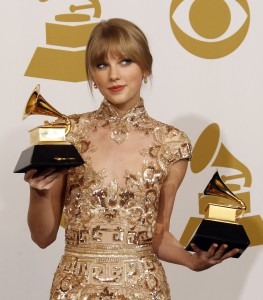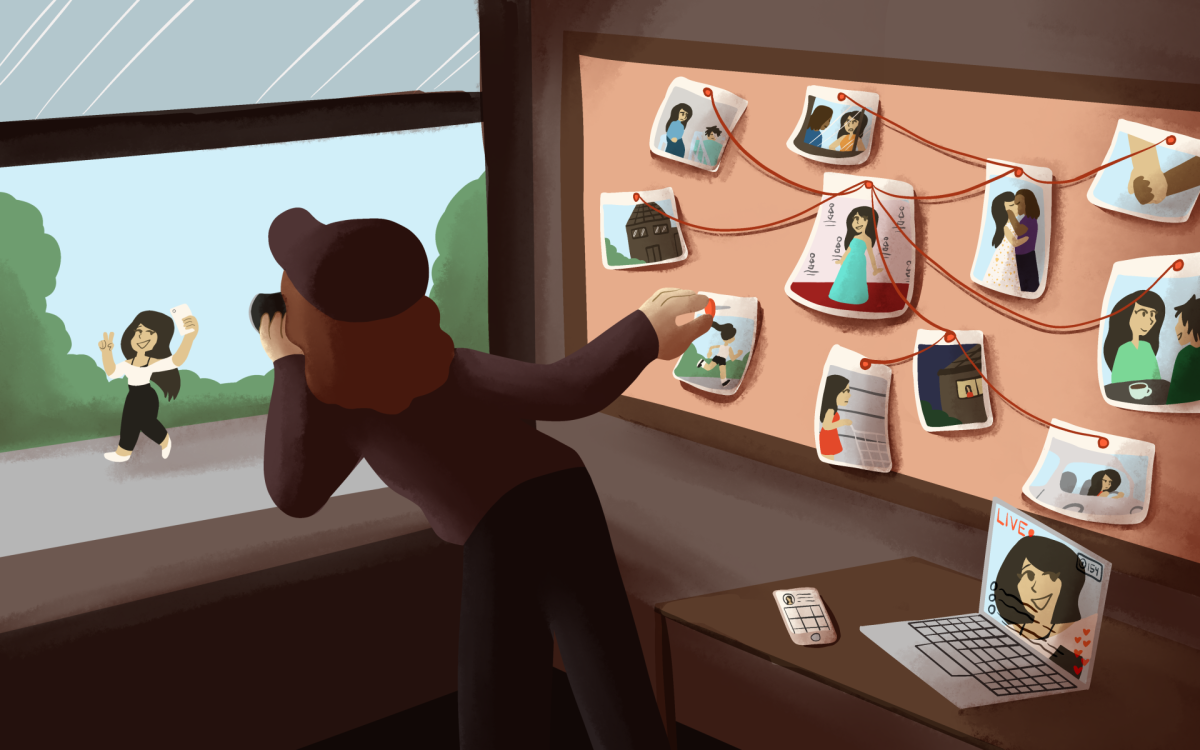
Taylor Swift sends a message by pulling music from streaming service
Taylor Swift sold 1.2 million hard copies of her album “1989” in its first week of sales. But that’s not the only reason she made headlines this week. The young country-turned-pop artist recently pulled her music from Spotify, in a move meant to send a message to the streaming service about what she sees as unfair practices.
To be clear, Swift is not the first to use this ploy. Radiohead pulled “In Rainbows” from Spotify in 2009, and frontman Thom Yorke has been known to demonize streaming services. Artists from Beck to Dan Auerbach of The Black Keys also echoed this hatred.
According to Spotify’s artist site, an album in its top 10 yields $145,000 per week and a global hit record, $425,000 per week. This is initially paid out to the publisher and then to the artist based upon royalty agreements. Vulture, an entertainment website, assumes that Swift has a 10 percent royalty agreement, and assuming based upon sales that “1989” is a global hit, this would equal $42,500 per week — that’s upward of $170,000 per month — just from streaming alone. Spotify’s CEO Daniel Ek estimated, in a post called “$2 Billion and Counting,” which references the amount the service has paid out, that her move cost her something like $6 million per year.
But Swift can afford to throw this out. The New York Daily News reported that this move was a win-win for both Swift, who saw her record sales soar, and the record company, which is in the process of being purchased and had an opportunity to beef up its bottom line in the meantime. Despite this aggressive move, Billboard’s editor-at-large told the Daily News that because of Spotify’s dominance in the streaming business, it won’t be harmed by another artist pulling out.
Though outwardly a protest, Swift’s move benefits her image and pocketbook. To fans — who are now forced to buy her album or download it illegally — she’s not afraid to stick it to the man.
Swift has the privilege to be able to pull her music from Spotify. Smaller artists, not so much.
Spotify’s payout to “niche indie artists” is estimated at $3,300 per month, not counting fees paid to publishers. Assuming another 10 percent artist payout, this is equivalent to fixing a flat on the band’s tour van. While some fully independent artists may retain all rights to their music, it follows that because they are label-free, they likely do not warrant as many streams.
“For small bands like us, Spotify is a blessing,” Dan Lowes, bassist and vocalist for the Chicago-based band Final Round, said. “I really believe you won’t see a difference until maybe you’re a world-famous artist. But even then, you can always gain more fans with more streams.”
These smaller artists are not making money from Spotify. But like other free streaming services such as Soundcloud and Bandcamp, they need to utilize it for the exposure. And unlike the latter, Spotify has a mass of users passively listening to their auto-play.
“In the old days, multiple artists sold multiple millions every year,” Ek said. “That just doesn’t happen any more; people’s listening habits have changed — and they’re not going to change back.”
He said that Spotify at least pays its artists, and at least can be considered a lesser evil to illegal streams or downloads.
Regardless of whether the demonization of Spotify is rightful, Swift isn’t standing up for the little guys with her move — nor is she standing up for herself. Spotify will survive and artists will continue to understand its place in the changing music business despite the debate.







